Identify by tomato color
When choosing tomatoes, color is the most important factor. The skin color of naturally grown tomatoes is uneven due to exposure to light. The fruit has a greenish color near the stem.
On the contrary, although the appearance of hormone-treated tomatoes is similar to that of naturally grown tomatoes, the color distribution is extremely uniform, with almost no green visible, and even the stem of the fruit that is not exposed to sunlight is bright red. This type of tomato is not good for health.
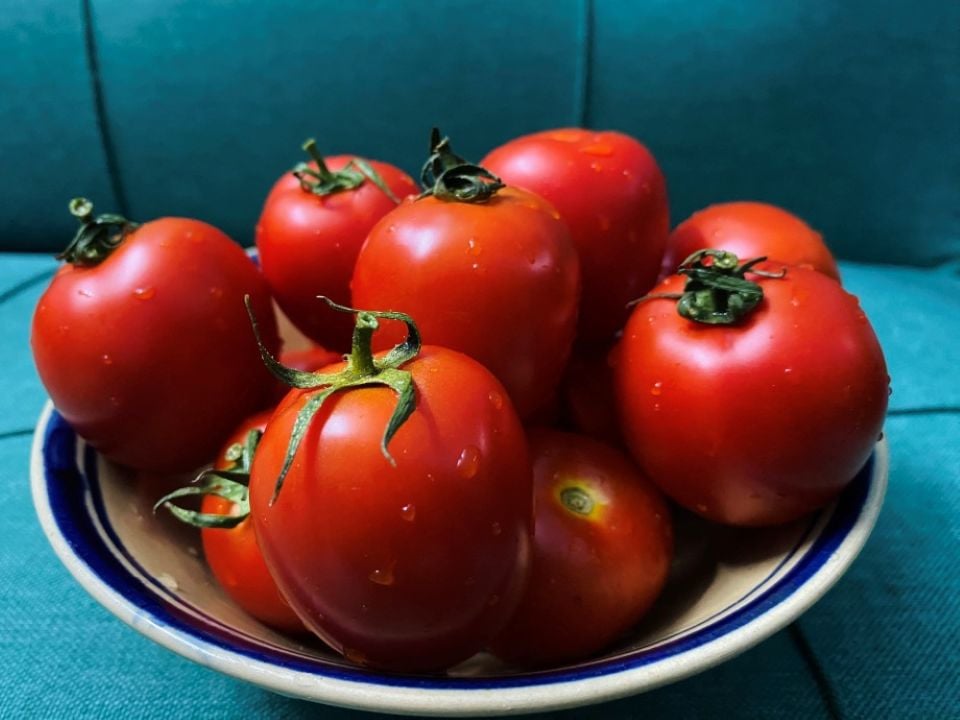
Distinguishing by the sour fruit head
The tip of a tomato can reveal whether it is hormone-stimulated. In general, the shape of a tomato is closely related to the growing environment, fertilization conditions, etc. High-quality naturally ripened tomatoes are round and plump, with a slightly concave tip. Just like tomato plants that thrive in fertile soil with plenty of sun and rain.
However, if you see a bulging tip or an unusual shape, it may be due to poor growing conditions or the use of pesticides. These tomatoes are much inferior to regular tomatoes in terms of nutritional value and flavor, so consider carefully when buying.
After all, the main purpose of buying tomatoes is to enjoy a delicious and healthy ingredient. If you ignore these small details, you risk bringing home poor quality tomatoes, which will definitely affect the quality of the dish.
Distinguish by tomato stem
The stem of the fruit plays an important role in determining whether or not the tomato has been treated with hormones. High-quality naturally ripened tomatoes have bright green stems, leaves and stems that spread out around the stem, and a slightly concave stem.
Conversely, poor quality, hormone-treated tomatoes often have slightly raised stems, curled leaves, and may be yellow or red. They may also be low quality tomatoes that have been stored too long and have lost moisture. These tomatoes are not suitable for purchase.
Check the tomato flesh
Naturally ripened tomatoes have white-yellow seeds, red ripe tomatoes, and a distinctive aroma. Meanwhile, tomatoes sprayed with pesticides often have soft seeds that rot quickly, and seeds that may rot or have a strange smell, making them difficult to eat raw.
In addition, naturally ripened tomatoes can be stored in the refrigerator for 7 to 10 days before they begin to soften and rot. In contrast, tomatoes sprayed with pesticides will not show any signs of spoilage even if left at room temperature for a long time.
Source: https://kinhtedothi.vn/meo-hay-giup-ban-phan-biet-ca-chua-tiem-hormone.html



![[Photo] Closing of the 1st Congress of Party Delegates of Central Party Agencies](https://vphoto.vietnam.vn/thumb/1200x675/vietnam/resource/IMAGE/2025/9/24/b419f67738854f85bad6dbefa40f3040)




























![[Photo] Editor-in-Chief of Nhan Dan Newspaper Le Quoc Minh received the working delegation of Pasaxon Newspaper](https://vphoto.vietnam.vn/thumb/1200x675/vietnam/resource/IMAGE/2025/9/23/da79369d8d2849318c3fe8e792f4ce16)











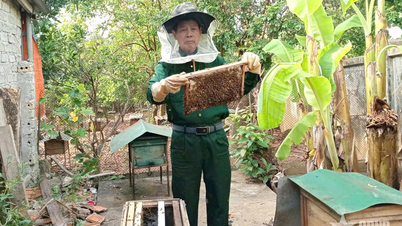


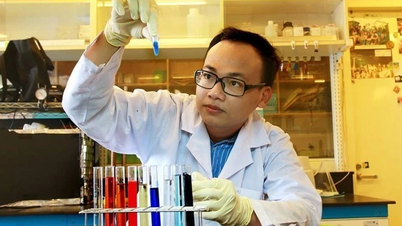
















































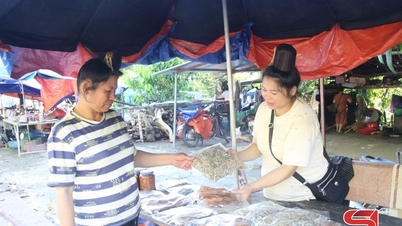



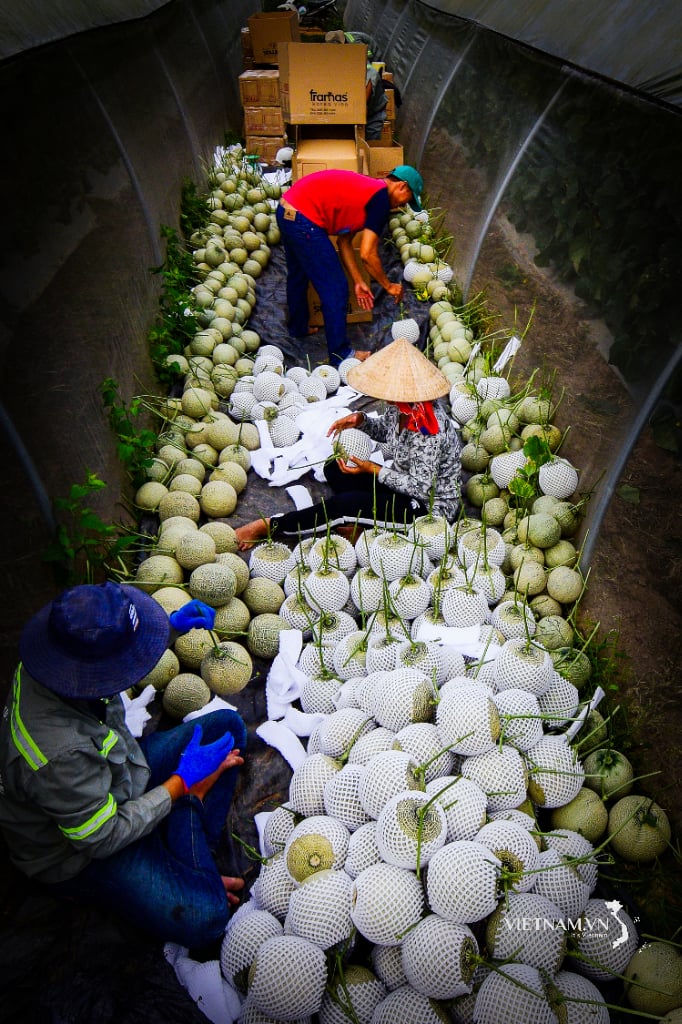



Comment (0)